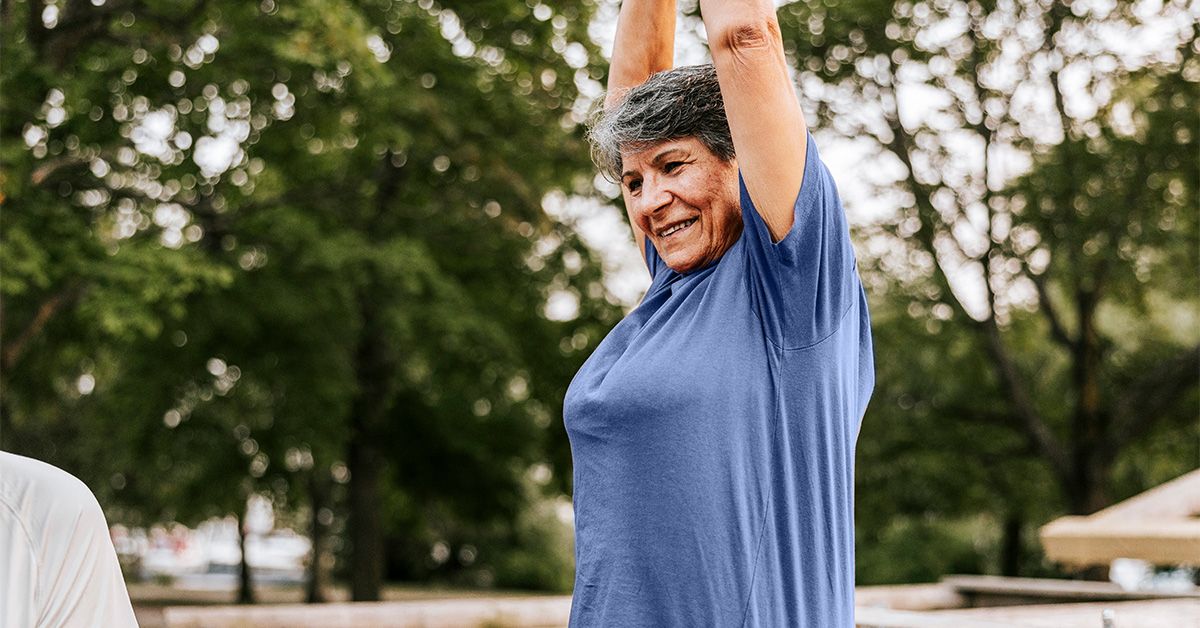Low-Intensity Exercise: A New Ally in the Fight Against Alzheimer’s
In a sunlit park in suburban North Carolina, a group of seniors gathers each morning, their laughter mingling with the sounds of rustling leaves. Among them is Margaret, a 72-year-old widow who has fond memories of her vibrant youth. However, Margaret has been facing an unsettling reality: she has been diagnosed with mild cognitive impairment (MCI), a condition that often prefaces Alzheimer’s disease. Like many in her situation, she feels a burdensome weight upon her memory—a silent thief taking snippets of her past. Yet, her story begins to transform, as the latest research reveals that she may not require exhaustive workouts to protect her brain. In fact, moderate and low-intensity physical activity may be sufficient to stave off cognitive decline.
The Significance of Mild Cognitive Impairment
Mild cognitive impairment is not just a fleeting forgetfulness; it represents a transitional stage between regular cognition and dementia. Dr. Laura Baker, an esteemed professor of gerontology at Wake Forest University, highlights that while the symptoms may be subtle, the stakes are profound. “The hallmark of MCI includes memory loss that can disrupt daily routines,” she explains, stressing that many individuals remain unaware of their condition until it escalates.
Bridging the Gap Between Normalcy and Dementia
Recognizing the importance of early intervention, researchers recently conducted the EXERT study, which aimed to ascertain whether lower intensity exercises might serve as a buffer against cognitive decline. “We aimed to recruit individuals who are ‘under the radar,’” Dr. Baker states, referring to those like Margaret who might not yet exhibit overt signs of dementia.
- Low-Intensity Exercise: Exercises focused on flexibility and balance.
- Moderate-Intensity Exercise: Activities like brisk walking or cycling.
- Key Finding: Both types resulted in less cognitive decline over a 12-month period compared to sedentary peers.
A Comparative Study of Exercise Intensity
The study involved 296 older adults diagnosed with aMCI. Participants were randomly assigned to either a moderate-high intensity aerobic training group or another engaging in low-intensity exercises. “Surprisingly, participants’ cognitive faculties remained stable across both exercise modalities,” reflects Dr. Aladdin Shadyab, an associate professor at UC San Diego. “This opens up a pathway for many elders who may feel that high-intensity workouts are unattainable.”
Brain Volume and Cognitive Function
The findings further revealed that both exercise groups exhibited reduced brain volume loss in areas crucial for memory and executive function, particularly the prefrontal cortex, a region that governs critical skills like planning and multitasking. “In essence, these exercises may protect crucial nodes in our cognitive network,” Dr. Shadyab noted, underscoring the potential for non-intimidating routines to foster long-term brain health.
Broader Implications for Aging and Brain Health
The implications extend beyond exercise and delve into a lifestyle encompassing diet, social engagement, and cognitive challenges. Dr. Lycia Neumann, senior director of health services research at the Alzheimer’s Association, iterates the intricacies of this relationship: “What benefits the heart often benefits the brain as well. We continue to require research to clarify these correlations.”
As the population ages, understanding customizable strategies to mitigate dementia risk becomes paramount. This ideology resonates with older adults like Margaret, who feel adrift amidst the sea of medical jargon and urgency surrounding Alzheimer’s. The reality is both nuanced and hopeful: modifications in lifestyle, even for those at genetic risk, can make a significant difference.
Constructing a Personalized Exercise Plan
As the evidence mounts around the importance of exercise, constructing a feasible plan becomes essential. Dr. Clifford Segil, a neurologist at Providence Saint John’s Health Center, offers practical advice for patients eager to embark on this journey. “I encourage my patients to step outside twice a day, regardless of their surroundings; simply walking provides immense benefits,” he articulates. This basic principle—regular movement—can invigorate the mind and body alike.
Dr. Segil provides additional strategies to enhance cognitive resilience:
- Consistency is Key: Aim for 30 to 45 minutes, three to four times a week.
- Engage Socially: Maintain regular social interactions to bolster mental well-being.
- Keep Learning: Pursuing new skills or classes helps stimulate cognitive function.
Hope Amidst Uncertainty
In reflecting on the broader significance of these findings, Margaret feels a renewed sense of agency over her future. While the path ahead may remain undefined, with every gentle stretch and walk in the park, she combats the shadows of memory loss. “I might not be able to change what’s happening in my brain,” she confides, “but I can influence how I live today.” With the winds of change blowing through research and lifestyle understanding, there exists a growing sense of hope for those grappling with the uncertainty of aging and cognition.
Image Source: www.medicalnewstoday.com


